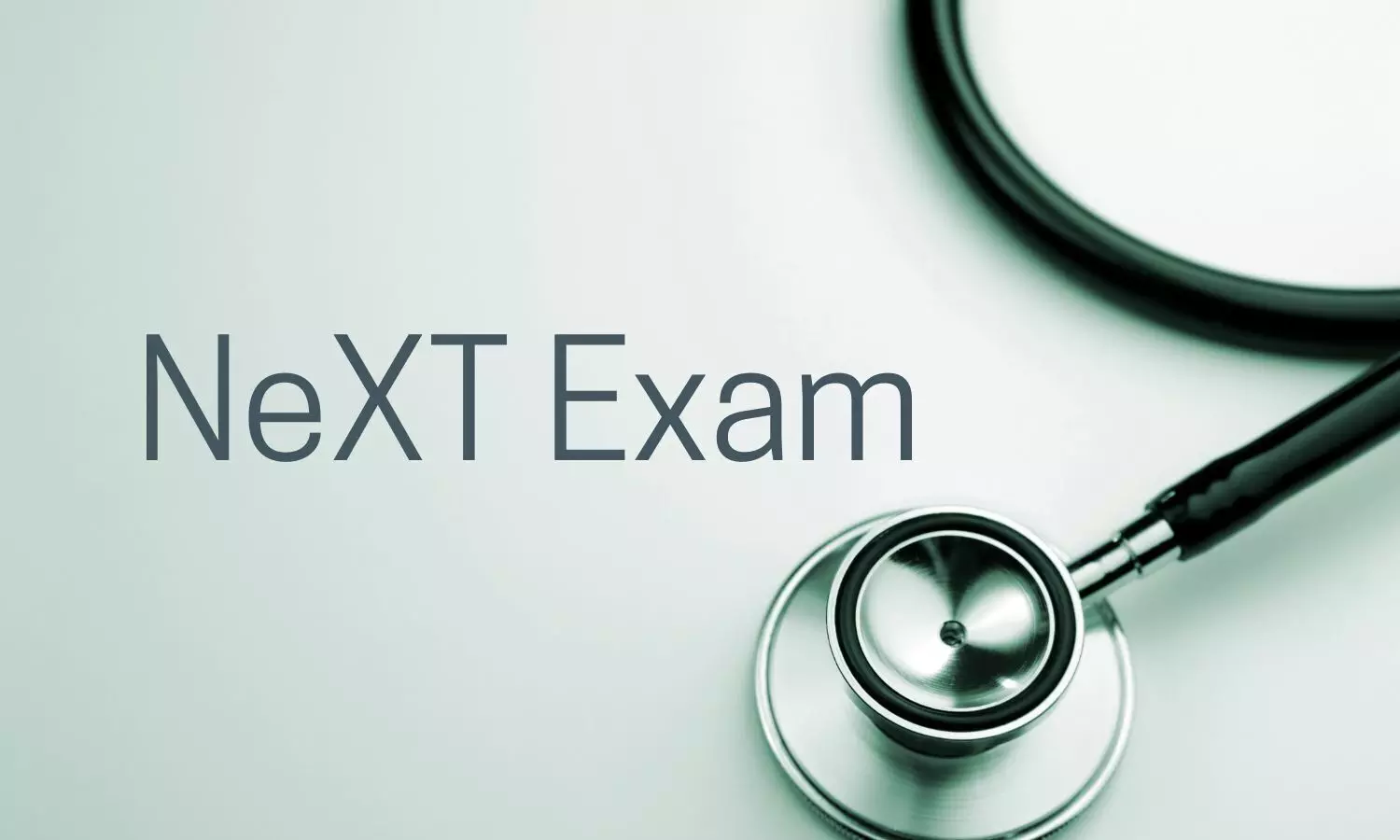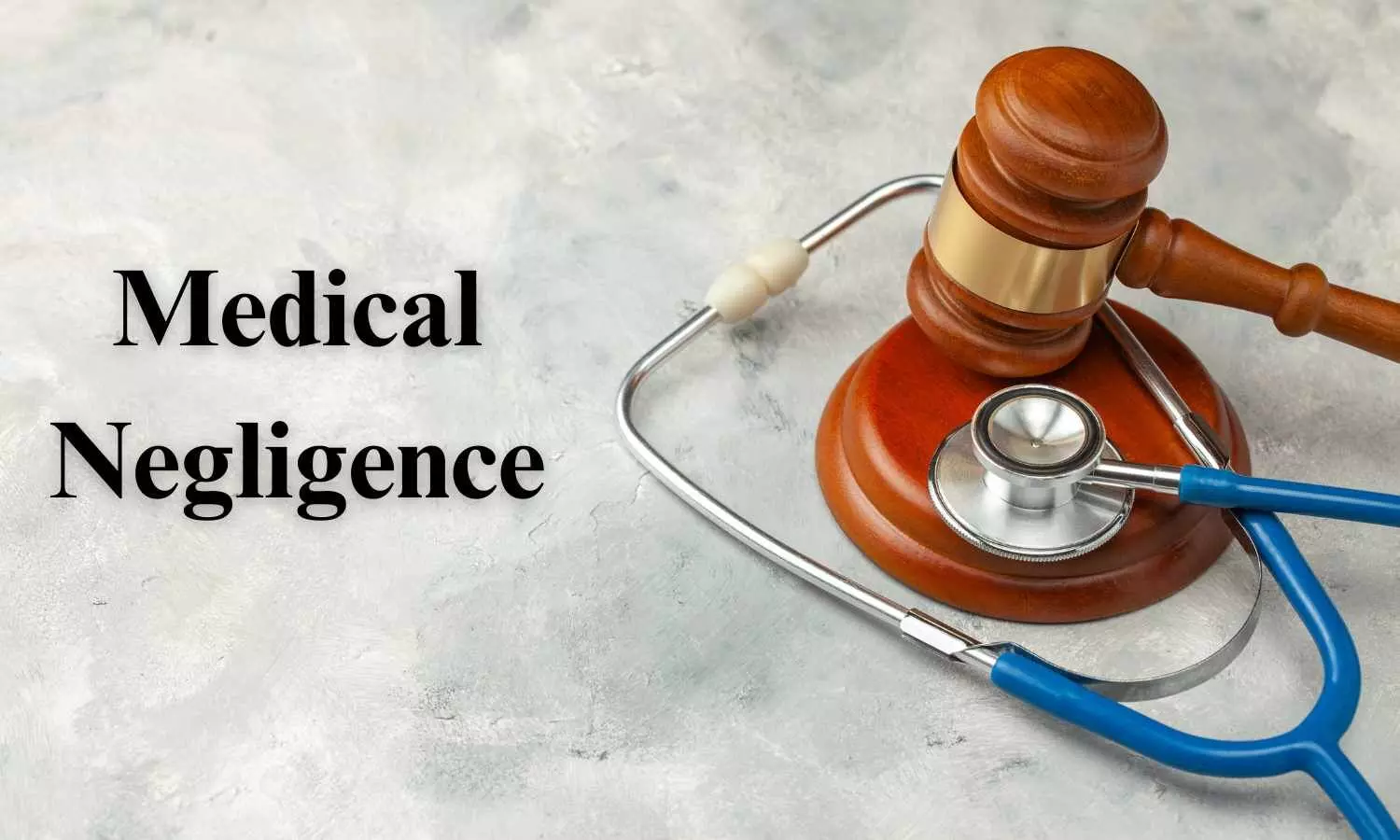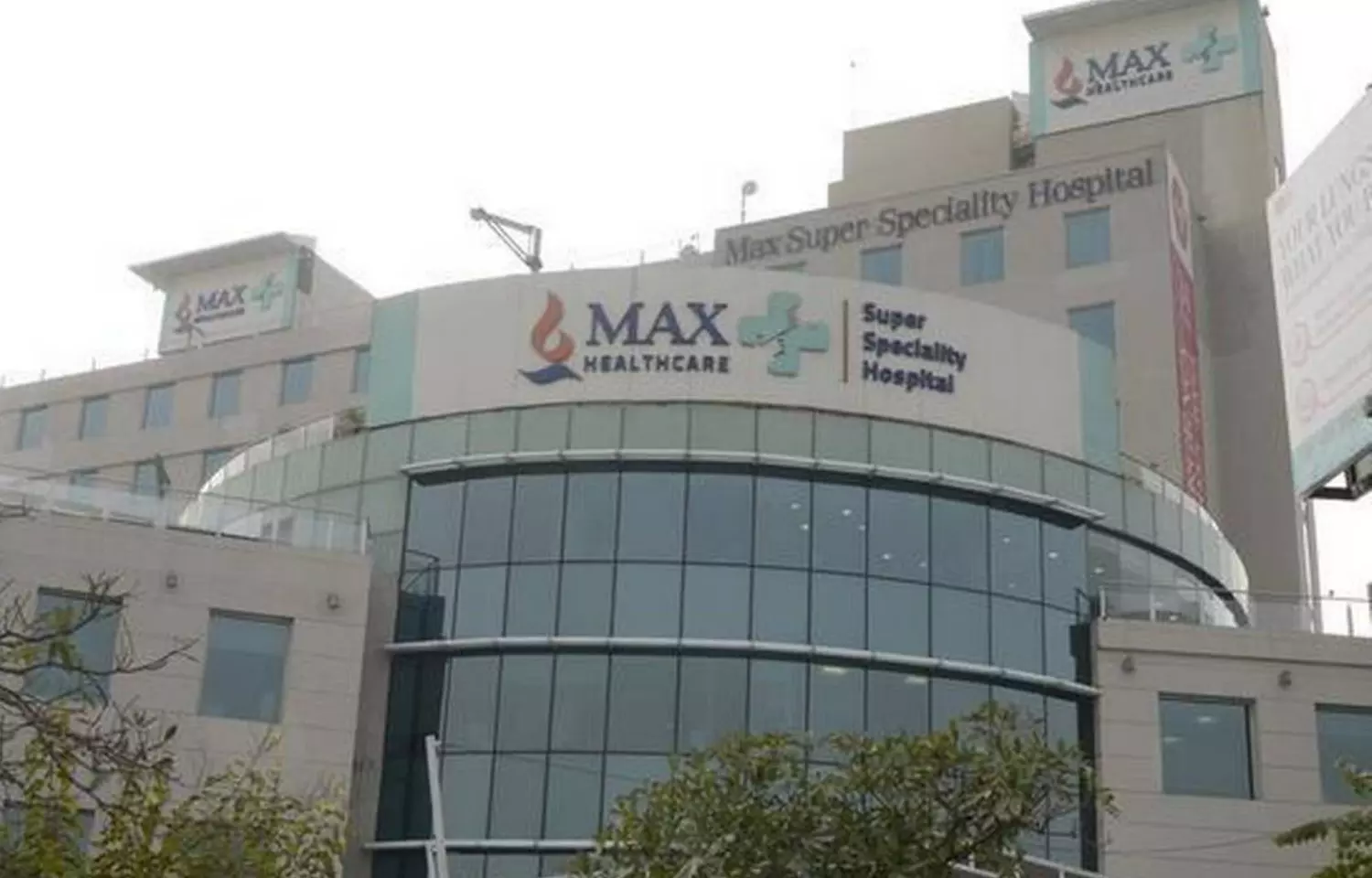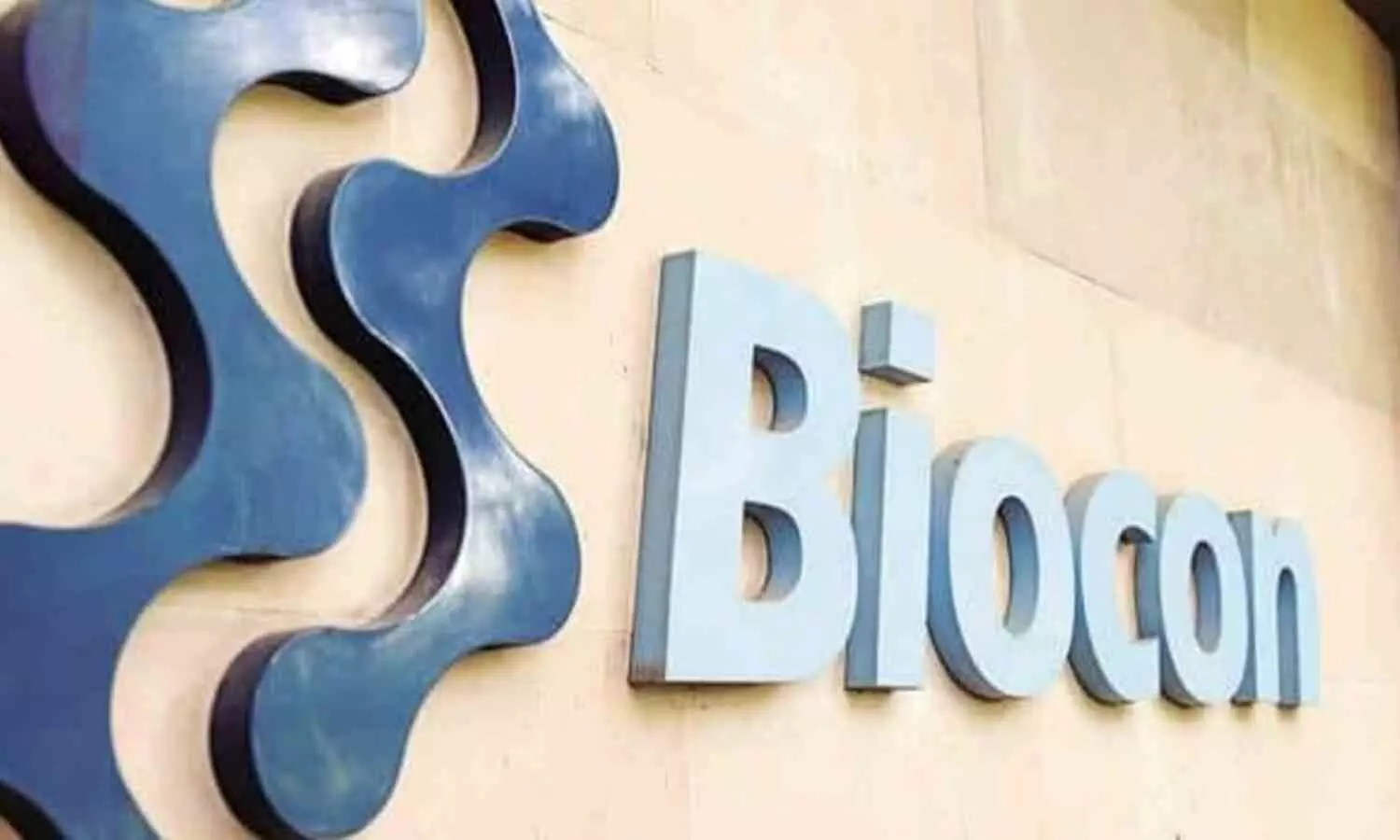Psychological Toll Revealed: Fear of Cancer Recurrence High Among Survivors of Localized Cutaneous Melanoma

The surge in cutaneous melanoma incidence, primarily
presenting as a localized disease with favorable surgical outcomes and high
survival rates, has prompted an exploration into the psychological well-being
of survivors, an aspect that remains relatively unexplored. The study underscores
the profound psychological impact and heightened fear of cancer recurrence
among survivors of localized cutaneous melanoma, including those with stage 0
diagnoses.
The study results were published in the journal JAMA Dermatology.
While the United States has witnessed a rapid rise in the
incidence of cutaneous melanoma, the majority of cases have manifested as
localized disease, managed through surgical interventions with high rates of
survival. Despite these positive clinical outcomes, there remains a significant
gap in our understanding of the psychological well-being of melanoma survivors
in the U.S.
The objective of this qualitative and survey-based study was
to delve into the lived experiences and fear of cancer recurrence among
individuals who had faced localized cutaneous melanoma.
Conducted at an
academic dermatology practice affiliated with the University of Texas, Austin,
the research employed semi-structured interviews and utilized the Fear of
Cancer Recurrence Inventory short form (FCRI-SF) survey tool.
From August 2021 to September 2022, researchers conducted
interviews, either in person or via telephone, with 51 participants who had a
history of localized melanoma (stage 0-IIA). The study cohort, with a mean age
of 49.5 years, comprised 67% females and 33% males. Among the participants, 33%
had survived stage 0 melanoma, while the remaining individuals had experienced
at least one invasive melanoma diagnosis (stage I-IIA).
Findings:
-
The semi structured interviews revealed four distinct themes:
emotions surrounding follow-up appointments, the intensity of melanoma
surveillance, lifestyle changes related to sun exposure, and contemplations
about life and death. -
Notably, despite the generally favorable prognosis
associated with localized melanoma, the Fear of Cancer Recurrence Inventory
short form (FCRI-SF) survey results were striking. -
Of the 51 participants, 38 scored above the threshold
indicating clinically significant fear of cancer recurrence.
In conclusion, this study sheds light on the psychological
impact and fear of cancer recurrence experienced by survivors of localized
cutaneous melanoma, even among those with stage 0 diagnoses. The findings
emphasize the need for a comprehensive understanding of the survivorship
experiences and psychological well-being of individuals with melanoma,
prompting further research and potential interventions to address the unique
challenges faced by this population.
Further reading: Mahama AN, Haller CN, Labrada J, et al. Lived Experiences and Fear of Cancer Recurrence Among Survivors of Localized Cutaneous Melanoma. JAMA Dermatol. Published online February 14, 2024. doi:10.1001/jamadermatol.2023.6158
Powered by WPeMatico

















